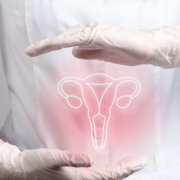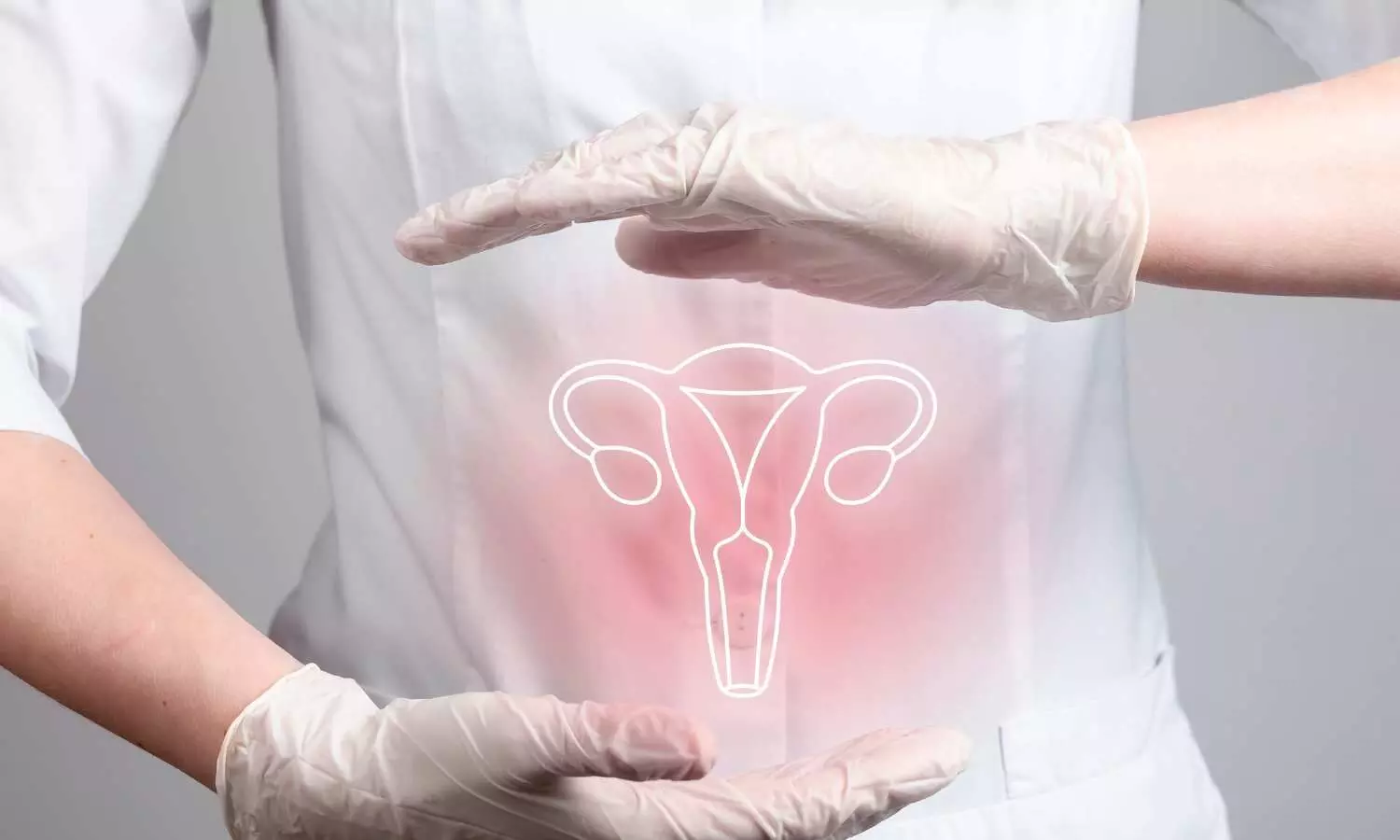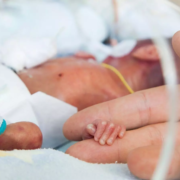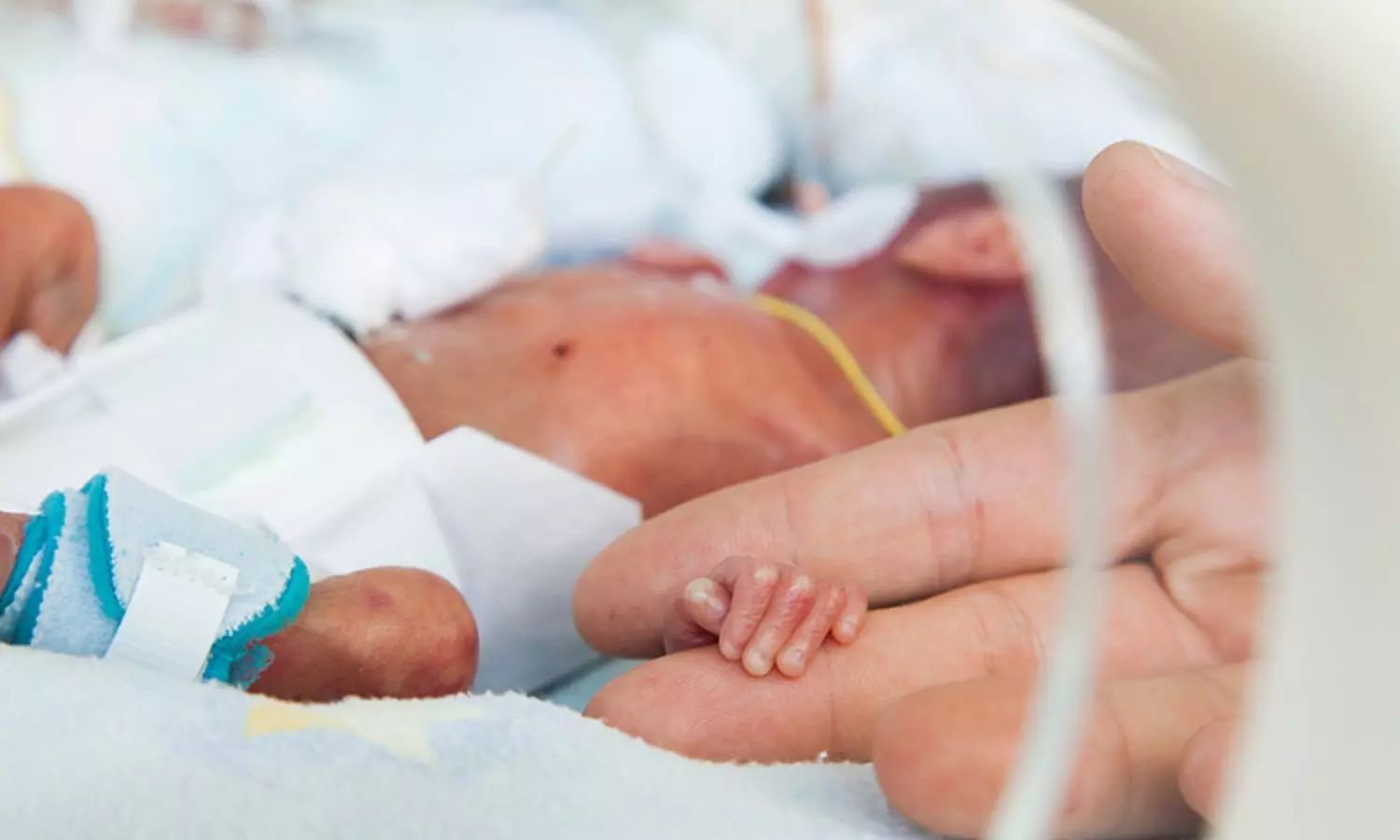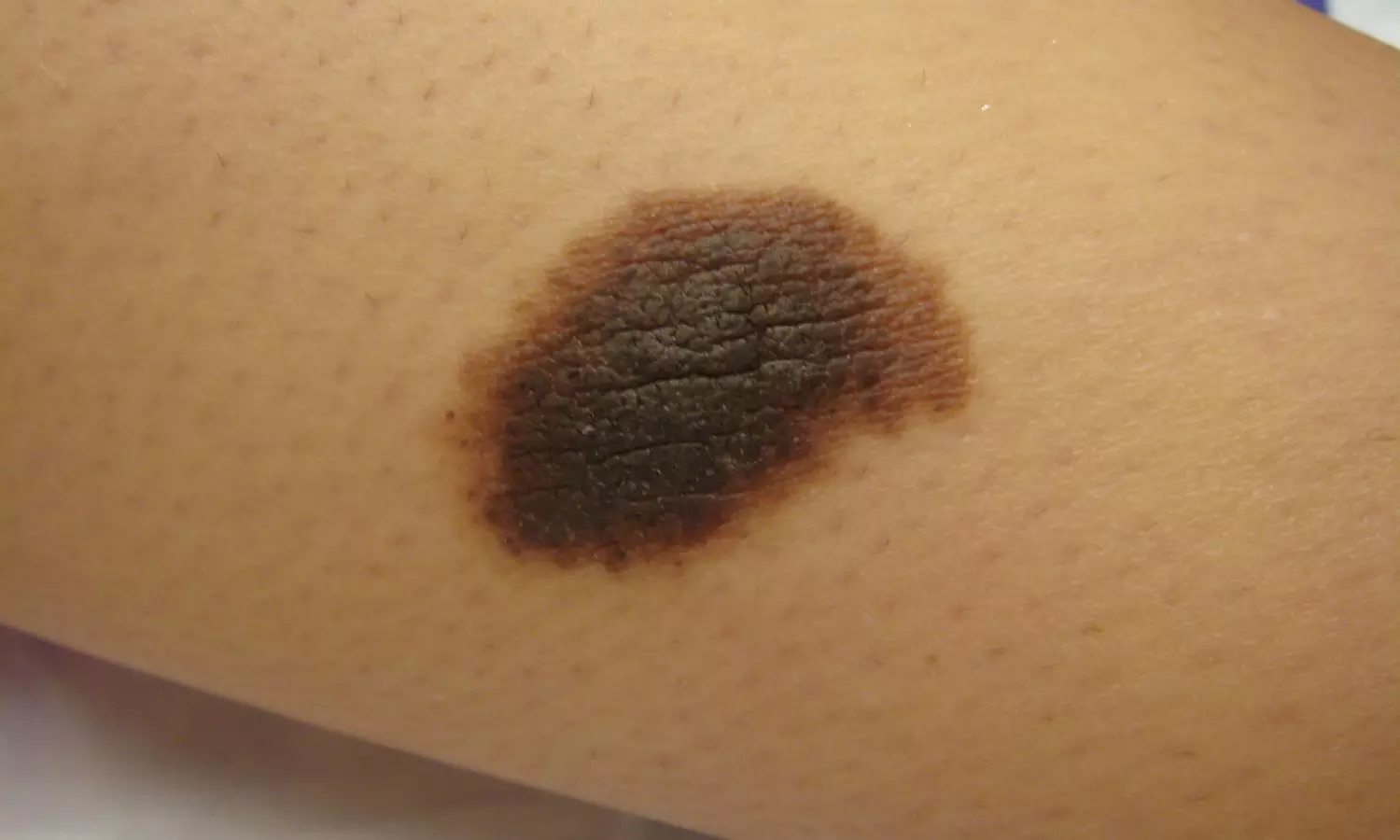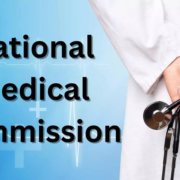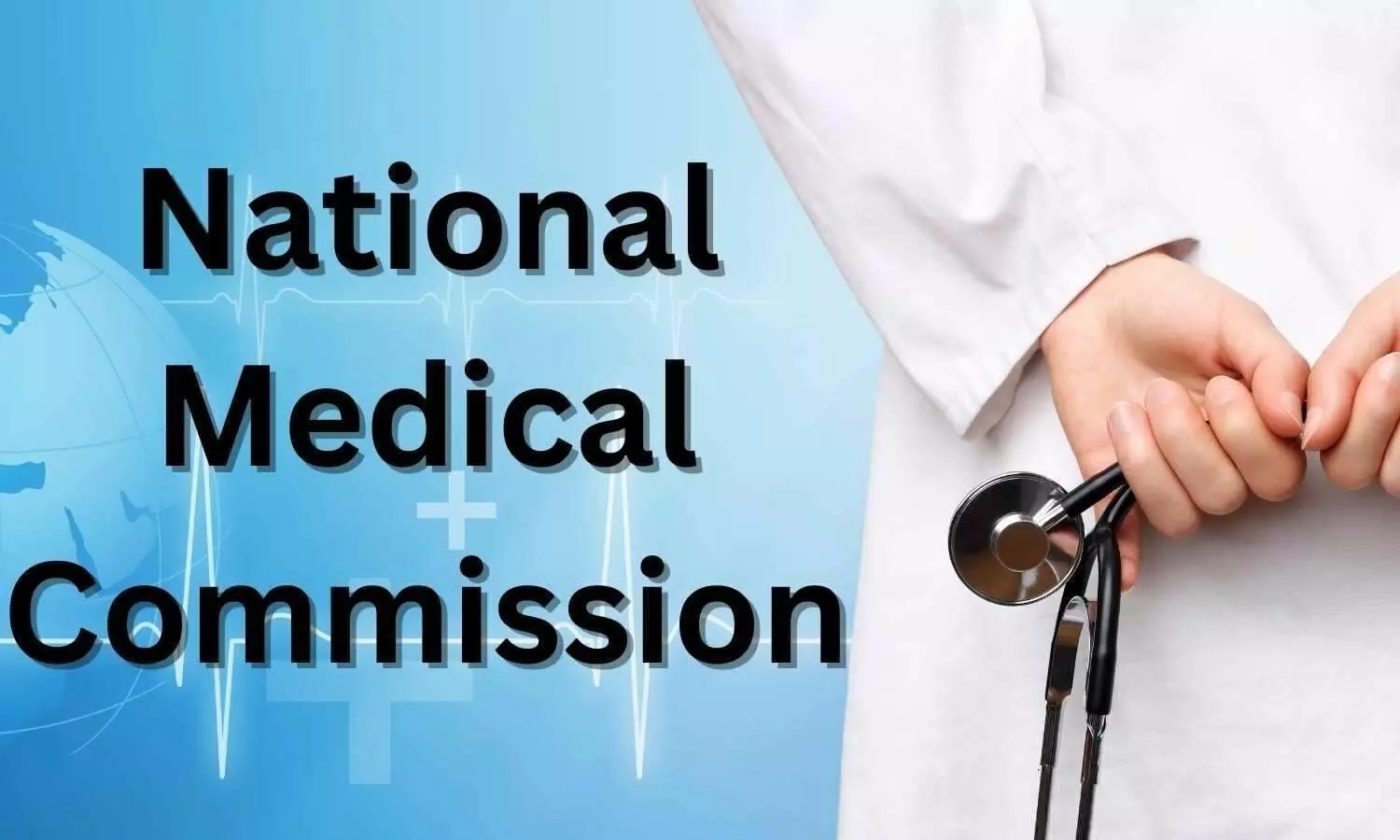Night sweats may be associated with severity of sleep apnea, claims study
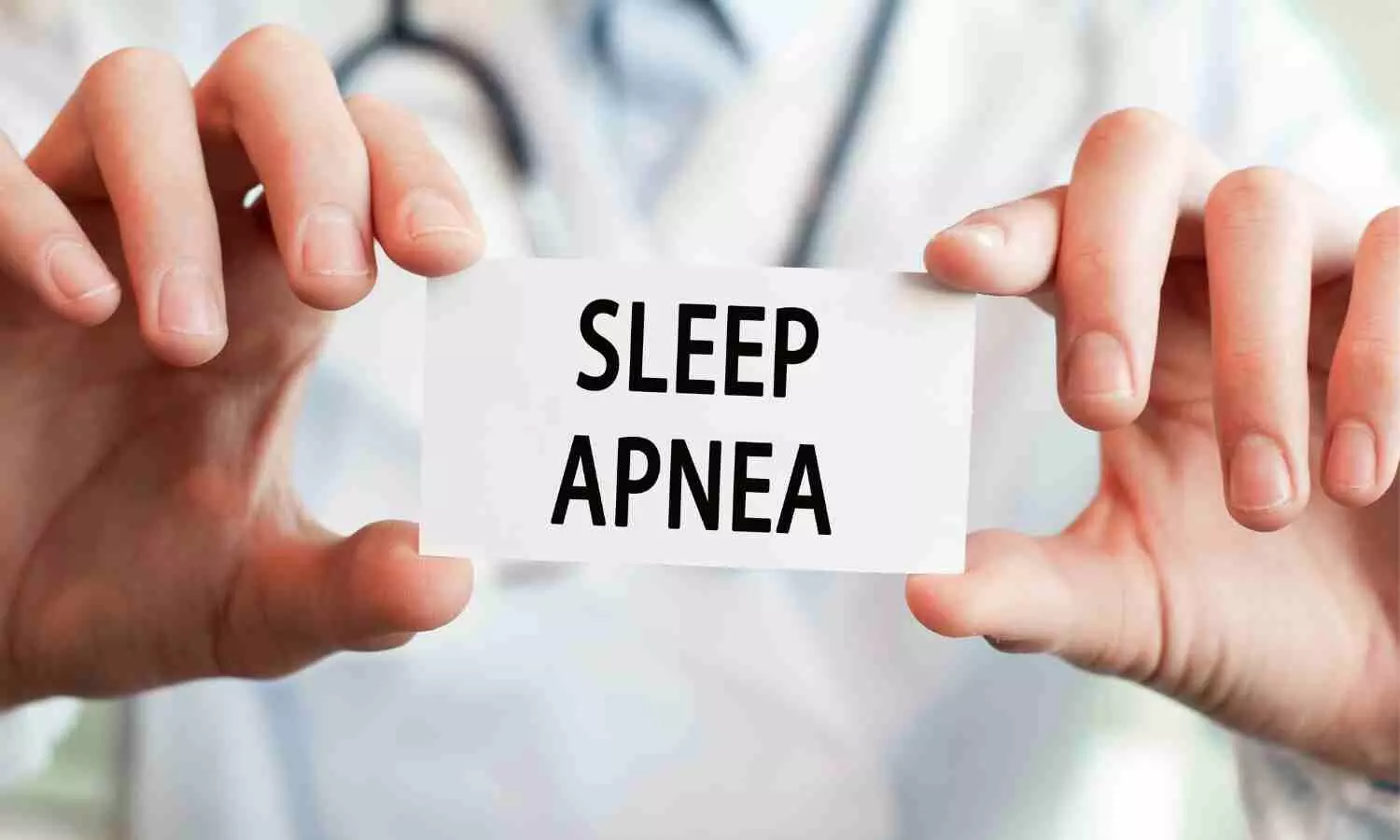
A collaborative effort between the University of Córdoba and IMIBIC uses, for the first time, changes in sweat metabolism to diagnose the severity of sleep apnea.
In Greek, apnea (ἄπνοια) denotes the “absence of breathing.” Hence, obstructive sleep apnea is a disease defined by interruptions in breathing, which recurs while the person suffering from it is asleep. A feeling of breathlessness, fatigue and drowsiness are symptoms that patients suffer. This disease is also related to the incidence of cardiovascular disorders, so to deal with these related problems, adequate diagnosis of the severity of the disease is necessary.
Alterations in the metabolism of people with sleep apnea are key to determining the severity of the disease. These changes are usually analyzed in blood or urine. However, in search of a less invasive and more accessible alternative, a team from the Department of Analytical Chemistry at the University of Córdoba and the Maimonides Institute for Biomedical Research in Córdoba (IMIBIC), formed by researchers Laura Castillo, Mónica Calderón, Feliciano Priego and Bernabé Jurado, has verified, for the first time, the potential of sweat samples to ascertain the severity of sleep apnea.
“By analyzing sweat metabolome and its alterations, mainly at night, we were able to see what stage of the disease the patients were in,” explains Laura Castillo, the study’s lead author. For her, the advantages of using sweat over other samples are clear: “it is a non-invasive and clean sample since, unlike the case with blood, we don’t have to remove proteins, and it’s much easier to analyze and detect metabolites.”
In this study, sweat samples from before and after sleep were analyzed from a series of individuals with sleep apnea at different stages, as well as from a control group without the disease.
In these samples, using the gas chromatography technique, coupled with high-resolution mass spectrometry, 78 metabolites were identified and their changes were studied, mostly related to energy production and oxidative stress. “We could see how the sweat metabolism itself indicates those alterations during sleep as a result of which the person’s energy production worsens and their oxidative stress increases,” says Castillo. Thus, with a personalized follow-up using the sweat excreted during the sleep of a person with the disease, its development can be tracked, and its possible effects, such as cardiovascular problems, can be monitored. This metabolomic profile also made it possible, in the trial, to distinguish between those who suffered from the disease and those who did not have it and belonged to the control group.
An index to learn more about the disease
In addition to establishing sweat as a good sentinel when it comes to determining the stage of the disease, this work also reveals the importance of taking into account the oxygen desaturation index when diagnosing it.
The diagnosis of sleep apnea is currently based on the Apnea-Hypopnea Index (AHI), which measures sleep apnea based on the episodes of shortness of breath one suffers per hour (for example, the disease is severe when one has 30 or more episodes per hour). According to the team, this index “does not provide all the information about the disease or the patient’s situation at a given time” since it counts how many events there are, but not their severity.
Therefore, in their study they also verify the importance of using the oxygen desaturation index, which shows how serious the episodes are by measuring the number of events in which oxygen saturation has decreased by more than 3%. After verifying the linear relationship between this index and the AHI, its validity has been confirmed, since, in addition to the data provided by the AHI, it also measures severity, taking into account oxygen saturation loss.
Reference:
Laura S. Castillo-Peinado, Mónica Calderón-Santiago, Bernabé Jurado-Gámez, Feliciano Priego-Capote, Changes in human sweat metabolome conditioned by severity of obstructive sleep apnea and intermittent hypoxemia, Journal of Sleep Research, https://doi.org/10.1111/jsr.14075.
Powered by WPeMatico


